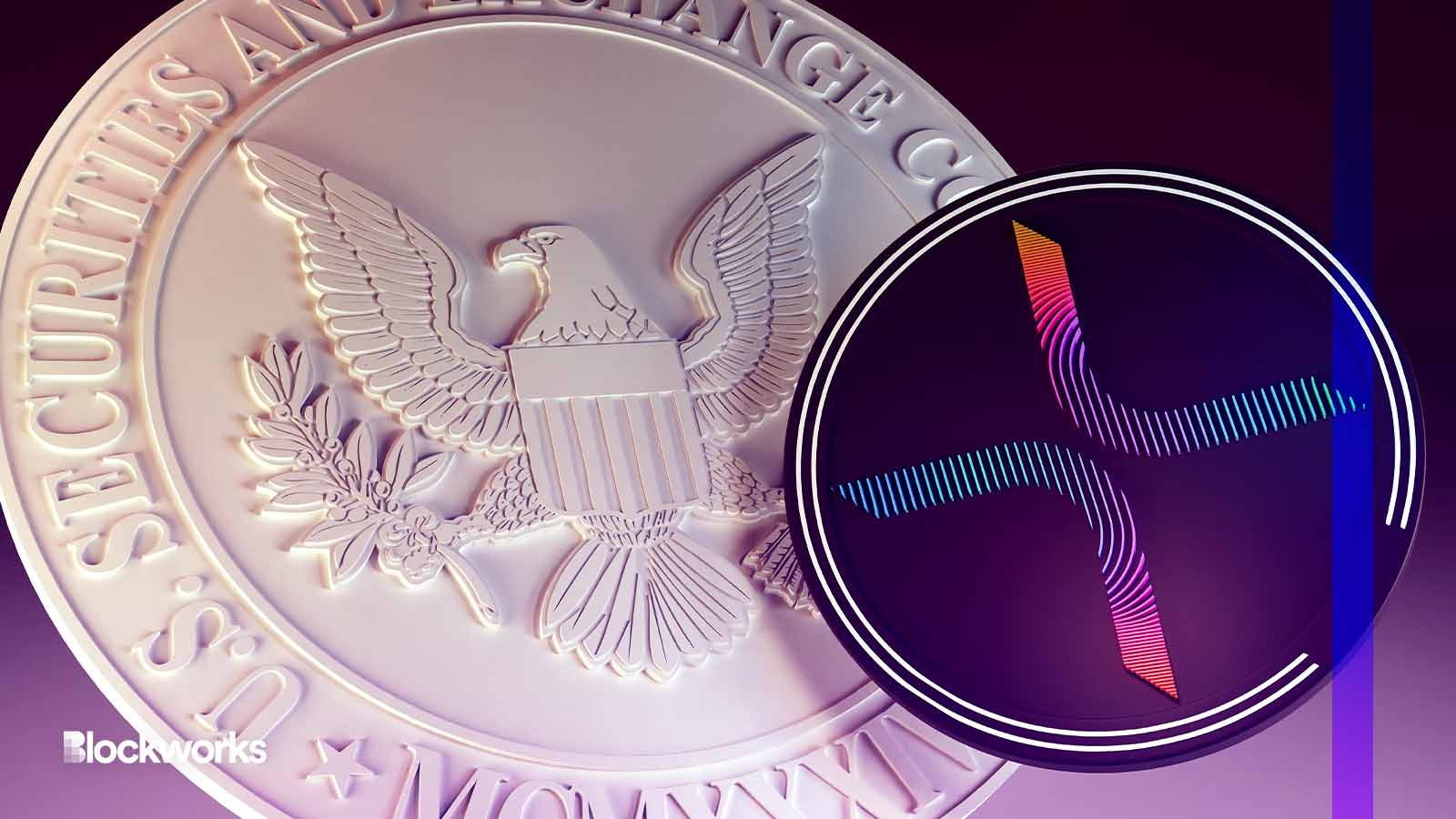SEC in hot water after Ripple ruling, former agency attorney says
Although other federal district judges are not obligated to follow Judge Torres’ ruling, the opinion should still hold weight, Christian Schultz said

CryptoFX/Shutterstock modified by Blockworks
According to Christian Schultz, a former assistant chief litigation counsel at the SEC’s enforcement division, the recent partial judgment in the SEC’s case against Ripple has the potential to disrupt the agency’s other ongoing legal proceedings, despite being a district court ruling.
Judge Analisa Torres passed down a partial summary judgment last week, siding in part with the SEC with regards to the institutional sale of XRP tokens and in part with Ripple regarding programmatic sales. The case will proceed to trial, Torres ruled, but industry experts are still largely looking at the decision as a major triumph for Ripple and other token issuers.
“There’s no way to look at the Ripple decision as anything but a win for the crypto industry,” Schultz said. “XRP is not a security and the company’s and executives’ transactions in XRP on the secondary market do not violate the securities laws.”
Read more: Crypto industry is ‘afraid to celebrate’ Ripple’s ‘giant win’ over the SEC
Although other federal district judges are not obligated to follow Torres’ ruling, the opinion should still hold weight, said Schultz, who now serves as a partner at Washington, DC-based Arnold and Porter.
“That being said, it is a thoughtful decision from a well-respected jurist that other judges will find persuasive,” Schultz said. “That could spell problems for the SEC in other pending litigation, particularly those that are focused primarily if not exclusively on secondary market activity.”
The summary judgment issued this month was a partial ruling and not a full judgment. There are a number of issues still left to be dealt with at trial, including what, if any, penalty Ripple must face for its initial institutional sales of XRP, which the court has deemed a security.
The final numbers will take awhile to determine, Schultz said, but, in theory, Ripple could be ordered to pay disgorgement from the institutional sales, meaning the company would have to hand over any profits made from the sales, plus prejudgment interest. Ripple may also have to pay civil penalties.
The SEC could still appeal the partial judgment ruling, but Torres’ claim that programmatic sales are not securities complicates other charges in the case, Schultz said. In its initial complaint, the SEC charged Ripple’s founder and former CEO Christian Larsen and former chief operating officer and current CEO Brad Garlinghouse with aiding and abetting securities laws violations. Those allegations in part rest on the assumption that XRP is a security.
“The SEC could take a cue from Judge Torres’ ruling denying summary judgment on the aiding and abetting claims against the executives, which demonstrates the evidentiary weakness in those claims and the reasons a jury could rule in the executives’ favor at trial, and choose not to pursue those claims any further so it can appeal the arguments that it otherwise lost against Ripple and the executives,” Schultz said.
Get the news in your inbox. Explore Blockworks newsletters:
- The Breakdown: Decoding crypto and the markets. Daily.
- 0xResearch: Alpha in your inbox. Think like an analyst.






